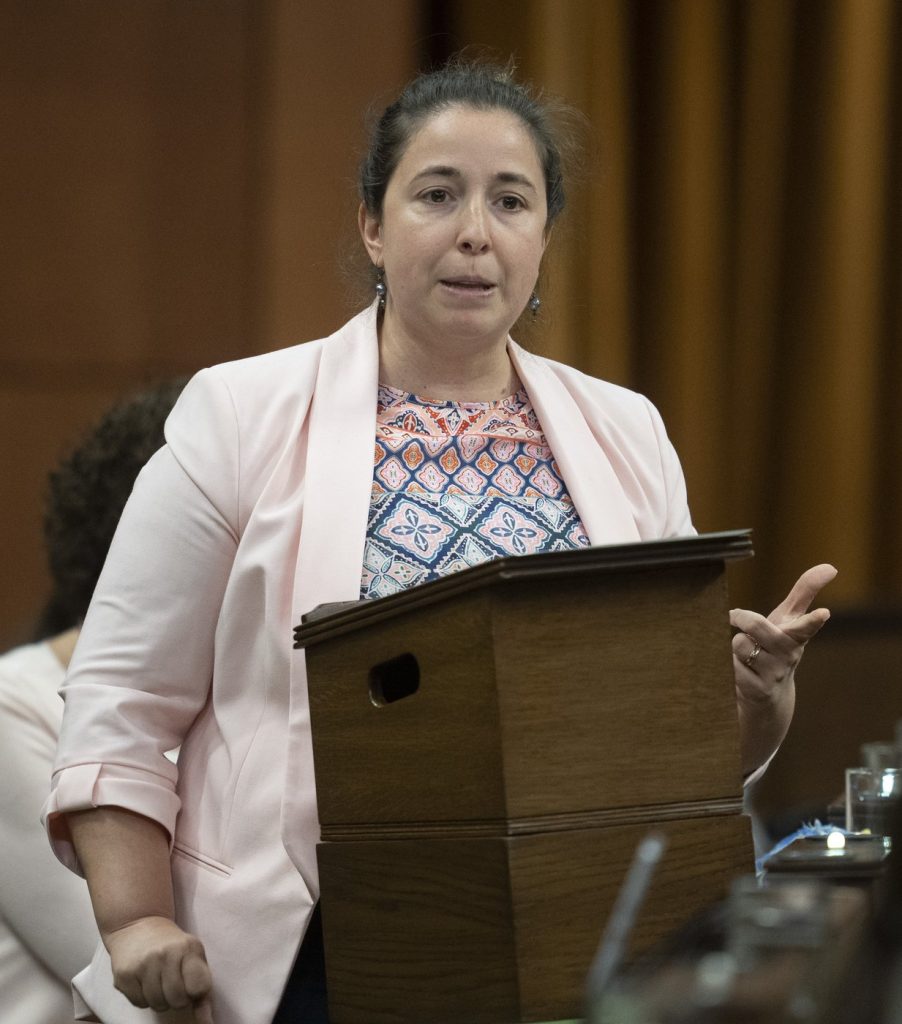A recent global UNICEF study indicates that a significant number of Canadian children are experiencing unhappiness and various challenges in their lives. The UNICEF Report Card reveals alarming statistics: one in five youth in Canada frequently face bullying, one in five report feelings of loneliness, and one in four struggle to form friendships.
The report offers a complex overview of child well-being over the past 25 years. While there have been notable strides in several areas, including a steady decline in child mortality and a reduction in adolescent suicide rates, recent trends show concerning signs. Specifically, in the last five years, life satisfaction has deteriorated, academic skills are declining, and obesity rates are on the rise across many OECD and EU countries. These trends are increasingly jeopardizing the progress made in child well-being, suggesting that global events and shocks are encroaching upon hard-won improvements.
One of the key factors influencing the drop in life satisfaction reported by 15-year-olds is bullying. The survey indicates a 3% decline in life satisfaction since 2018, bringing the number down to 76%. The report compares the well-being of Canadian children with peers in other wealthy nations from 2018 to 2022, illustrating a broader context for these issues.
UNICEF highlights the increasingly complex and rapidly changing world in which today’s children are growing up. Several challenges, including climate change, persistent conflicts, digital transformation, and demographic shifts, have been collectively termed a "polycrisis." The lingering effects of the COVID-19 pandemic— the first global pandemic in a century—add another layer of complexity to the environment in which children are developing.
Climate Change Impacts
The report emphasizes that extreme weather events tied to climate change, such as storms, floods, droughts, and wildfires, are becoming more frequent and pose significant risks to children. While the harshest consequences are often felt in the world’s poorest countries, the report estimates that over 250,000 children across 43 examined countries were displaced from their homes in 2022 due to climate-related natural disasters.
Rising temperatures and heatwaves also represent serious challenges. For instance, nearly half of the schools in urban areas of the EU are located in "heat island" regions, which experience elevated temperatures, jeopardizing children's well-being. Additionally, about one in ten schools is situated in flood-prone areas, increasing the risks faced by students.
Technology Advancements and Social Media
The report notes that digital technology continues to transform children's lives by presenting both new opportunities and risks. As of 2022, connectivity rates exceeded 99% in 37 out of 40 countries surveyed. While new technologies can enhance education and provide greater access to information and social interaction, debates persist regarding the potential negative effects of smartphone usage and social media on children's mental health.
Mental Health Trends
UNICEF estimates that approximately one in six children aged 10–19 globally suffers from a diagnosable mental health condition. Importantly, nearly half of all adult mental health disorders commence in childhood, which can lead to lasting repercussions on various aspects of adult life, including relationships and employment opportunities. Additionally, many adolescents may exhibit symptoms of psychosocial distress that don't reach the threshold for diagnosing a mental health condition but still disrupt their learning, relationships, and overall well-being.
The report links evidence to a long-term decline in adolescent mental health rather than a sudden crisis. Studies conducted in Norway and the U.S. have shown that mental health issues among adolescents have been rising since the early 1990s, with an average increase of 17% in mental health symptoms among girls and a 5% increase among boys between 1992 and 2019. This backdrop provides essential context for the mounting challenges today’s children face regarding their mental health.
With files from The Canadian Press












